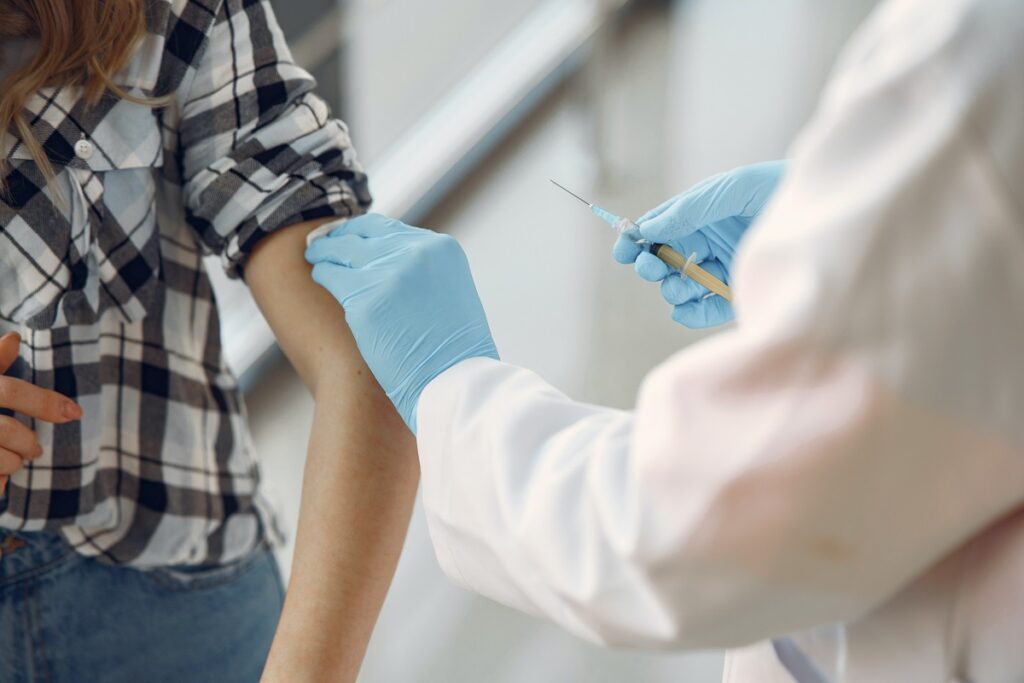While two doses were recommended in the past, one dose of the Human Papillomavirus (HPV) vaccine is enough to provide strong protection against the HPV virus, which is the main cause of cervical cancer, the WHO announced Monday.
“This could be a game-changer for the prevention of the disease; seeing more doses of the life-saving jab reach more girls,” said the announcement, which comes just before World Immunization Week.
Although preventable, cervical cancer is the fourth most commonly diagnosed type of cancer in women worldwide, and 95% of the cases are caused by the sexually transmitted HPV virus, the WHO said. Thanks to the vaccine, cervical cancer rates are falling in the United States. Now, 90% of women affected appear to be living in low- and middle-income countries, the WHO said.
“This single-dose recommendation has the potential to take us faster to our goal of having 90% of girls vaccinated by the age of 15 by 2030,” said WHO Assistant Director-General Dr. Princess Nothemba (Nono) Simelela.
Several years of evidence
The decision was made at the April 4-7 gathering of the WHO Strategic Advisory Group of Experts on Immunization (SAGE) after an evaluation of several years of evidence indicating that a single dose of the HPV vaccine provides sufficient projection.
“The HPV vaccine is highly effective for the prevention of HPV serotypes 16 & 18, which cause 70% of cervical cancer,” said Dr. Alejandro Cravioto, SAGE Chair, as quoted in the WHO report.
According to WHO, the updated SAGE recommendations for HPV vaccine schedules are as follows:
- one or two-dose schedule for the primary target of girls aged 9-14
- one or two-dose schedule for young women aged 15-20
- two doses with a six-month interval for women older than 21.
This new regimen was seen as giving a boost to the WHO’s Cervical Cancer Elimination Initiative to “reduce more than 40% of new cases of the disease and 5 million related deaths by 2050.”
“I firmly believe the elimination of cervical cancer is possible,” Dr. Simelela said.
World Immunization Week
The updated SAGE recommendations come in anticipation of World Immunization Week, which takes place April 24-30.
Through its efforts WHO continues to raise awareness worldwide of the importance and impact that immunization and vaccines have, in the hope of protecting as many people as possible from vaccine-preventable diseases.
The COVID-19 pandemic has caused major delays in the immunization routine among children, with some vaccines even being canceled.
The WHO said in a report that “the decline in vaccination coverage seen in 2020 raises serious questions about the achievability” of UNICEF’s Immunization Agenda 2030 (IA2030), which envisages that “an estimated 51 million future deaths in total will be averted by vaccination between 2021 and 2030 if coverage targets are met.”




